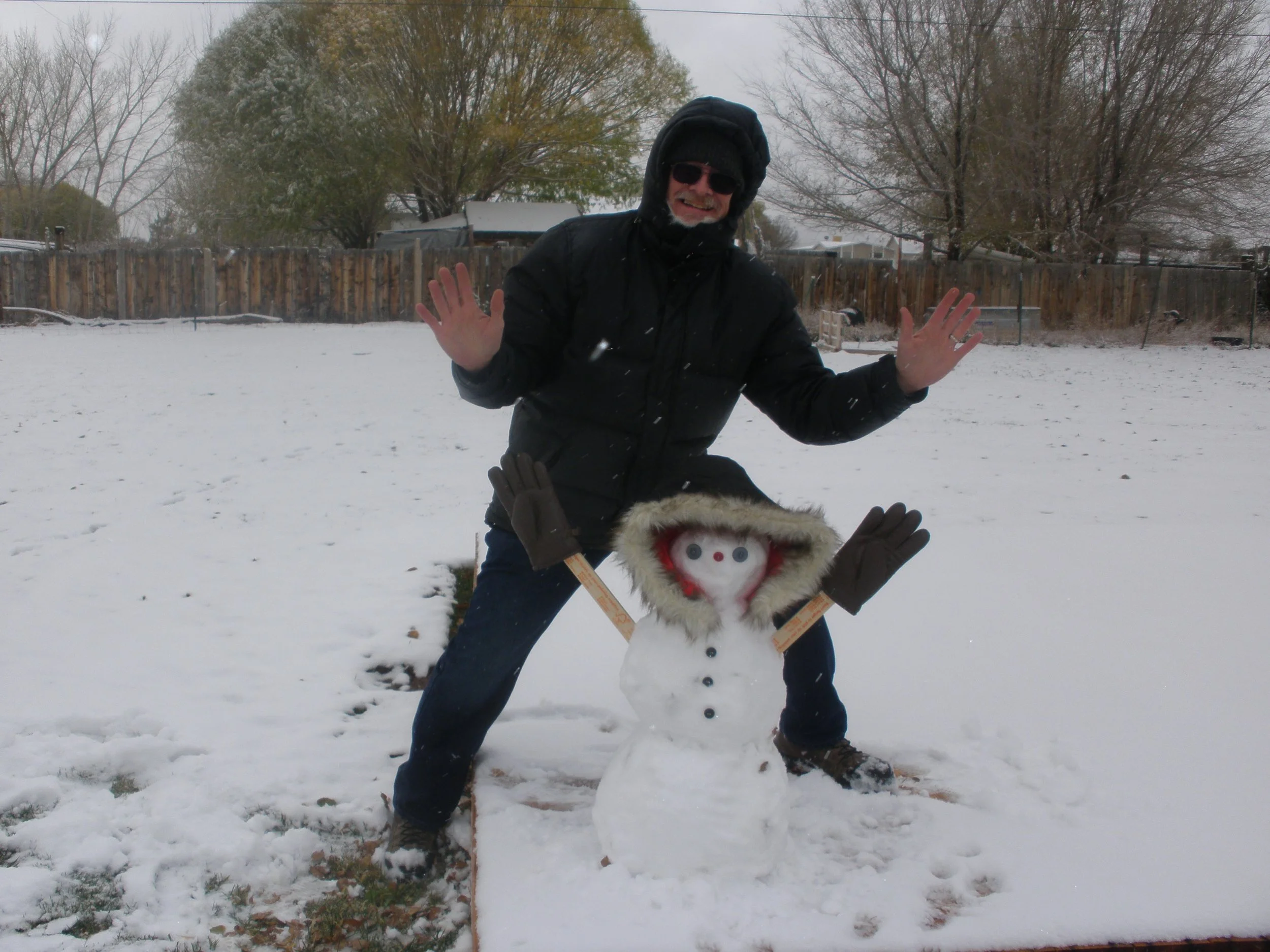Whistling Through the Graveyard: How to Make a Living as a Philosopher
In thinking about philosophy as a profession—whether in ancient times, early modern times, or today—one can’t help but see the challenges involved in making a living as a philosopher. While some philosophers, such as Diogenes the Cynic, eschewed the trappings of affluence and convention, most philosophers have made some attempt to be a part of society at large instead of withdrawing from it completely. Even Henry David Thoreau, known for his rugged isolationism, kept strict accounting of what exactly it took to make ends meet financially, growing his own crops while squatting in his hand-built cabin alongside Walden pond, and he himself valued the occasional trip into town along with the company that would sometimes drop by his cabin, expectedly or unexpectedly.
From the very beginning, philosophy has had an ambivalent relationship with money. Socrates, for example, was certainly not rich, but also certainly not poor, which leads one to wonder how exactly Socrates was able to live and keep himself afloat financially—assuming he did not live entirely off of the charity of his friends/followers/students/disciples. Although Socrates is typically depicted as somewhat akin to the Cynics, the hippie of Athens, so to speak, Armand D’Angour, author of Socrates in Love, makes the case that, contrary to the standard historical interpretation, Socrates came from a family of greater pecuniary means than is usually acknowledged. How else might one afford to spend one’s hours and days walking around Athens philosophizing with—i.e., pestering—the local townsfolk?
Until recently I have been somewhat fortunate in my career, having kept one foot in philosophy as a community college philosophy instructor and formerly as the Senior Learning Design Author for logic and philosophy at Aplia / Cengage Learning, and having kept one foot outside of professional philosophy—in younger days as a barista at Caffe Dolce, as a RadioShack salesperson, and later in my career as an instructional designer and digital/educational content developer. This one-foot-in-and-one-foot-out relationship to professional philosophy as a career has afforded me the freedom to think, write about, and teach philosophy when, where, and in what manner I choose, particularly by freeing me from the dreaded publish-or-perish model of an academic career. It has also afforded me the opportunity to become more financially stable than I might have been otherwise, since I spent 15 years, hitherto, in the corporate world with its higher level of pay, both in and out of the world of philosophy.
It is well known that the days of a stable 30-years-and-a-gold-watch career are long gone, along with other forms of social and monetary stability such as corporate pension plans. It is normal now for a worker to have to reinvent him- or herself every few years with a job change at best or an outright career change at worst. This presents an added challenge for philosophers who already have an ambivalent relationship with the practical and monetary aspects of life. How do we stay true to ourselves, either as philosophers or as existentially authentic individuals, while eking out a living in this increasingly unstable economic and social world, especially in the last few years with inflation rates having been on the rise?
To some extent, there is nothing surprising in the potential answers. For example, we philosophers, like anyone, should be saving an investing a portion of our income to take advantage of the power of compounding. And, for better or for worse, it’s nearly impossible to avoid being somewhat entrepreneurial, whether in a broad sense about the branding and self-promotion needed to stay relevant in one’s career, or in a strict sense of being literally entrepreneurial, i.e., starting one’s own business or enterprise, hanging out a shingle and offering a service like Lucy in the old Peanuts comic strip: “Psychiatric help 5¢.” (THE PHILOSOPHER IS IN!).
Some former colleagues and fellow philosophers I know have taken this approach, offering various consulting services related to matters of business/environmental/technological ethics in the corporate and governmental worlds. One can’t, however, help but detect an air or a whiff of philosophical inauthenticity about this approach, akin to being lured seductively back inside the shadowy realm of Plato’s cave for the sake of making a few extra bucks in the name of doing philosophy (as if people in the corporate world will ever really have philosophical natures or become philosophers themselves). This approach strikes me as whistling through the philosophical graveyard, the last grasp of a discipline so far in decline that it must prostitute itself out to the corporate world in order to survive.
The reason that this topic—how a philosopher might make a living—is on my mind recently is that I myself am in the midst of a career overhaul. Even though I presently serve as a community college philosophy instructor—”part time,” as Indy said in Indiana Jones and the Kingdom of the Crystal Skull—I have been unable to secure a new full-time position in my field as an instructional designer. The reasons for this are numerous, but I suspect a key causal factor to be the large number of candidates resulting from former teachers who left the teaching profession during the recent COVID pandemic and flocked en masse to instructional design and educational technology, with the resulting economic pressure driving down the salaries for these and related positions across the board.
It’s also entirely possible that I’ve become a bit too jaded by the corporate world, having seen my share of corporate bullshit (the technical term for euphemistic employer mumbo-jumbo, in the hiring process or otherwise) and having gone through three major layoffs in my career, each of which with the resultant existential upheaval typical of the experience of many American workforce in recent decades. Moreover, what used to be a niche field with a highly technical skillset (e.g., authoring Aplia Logic content in longform XML) is now more mainstream, with tools that are much easier to use and requiring less technical acumen on the part of content authors, instructional designers, and subject matter experts.
These fields have become, for lack of a better word, democratized, and there simply isn’t the demand for the kind of skills that I bring—or once brought—to the table as a candidate and an employee. One might think that experience alone would be enough to put me at the top of a pile of potential candidates for such roles, but it turns out that most employers want to take the cheap, and oddly bureaucratic, approach to educational content development and instructional design. (For an analysis of this increasingly bureaucratic trend in the corporate world, I highly recommend the book Bull Shit Jobs: A Theory by David Graeber, for its examination of the causal factors related to this trend and of the psychological effects of those who work in such environments, day in and day out.)
So what’s the upshot of this for me personally as a philosopher with one foot in the world of philosophy education and one foot in the world of instructional design? There are a few possibilities:
Continue to apply for instructional design jobs (which I have been doing unsuccessfully for eighteen months now, to my great frustration and to the detriment of my own sense of self-worth as a contributing member of society and to the detriment of my own mental and emotional wellbeing).
Try to become a “freeway flyer” (metaphorically or literally) adjunct instructor at multiple community colleges, trying to piece together something resembling a full-time income out of multiple part-time incomes (paying for my own health insurance out of pocket).
Change careers entirely, perhaps by looking for entry-level positions in a related field (content editing, project management, etc.).
Reapply to grad school and attempt to finish a doctorate degree (in hope of obtaining an increasingly rare tenure-track position as a university professor).
Start my own business, related or unrelated to things I have done in the past—e.g., starting my own educational technology or content development company, opening a coffee shop (a longtime dream of mine), and so on.
All of these are a possibility, and you can imagine how mentally exhausting it is to be pursuing any subset of these possible options simultaneously while remaining a fully functional human being in today’s world. The reality is that, although I am really quite mentally drained from what has already been a mentally intensive career and the last eighteen months of job searching, I still have 25 years until I quality for the maximum Social Security retirement benefit at age 70. This figure sounds both relieving and frightening at the same time. (“Only 25 years until retirement!?!” versus “25 long, tedious years until retirement!?!”)
While I obviously am in the process of the existential soul-searching that will ultimately adjudicate between these various options, in the coming days I’ll be sharing an entrepreneurial side-project on which I have been working quietly over the past year or so). As my former boss at Aplia, Paul Wells, often tells me, I am a natural entrepreneur and simply need to find the right niche in order to make real headway with my own enterprise. At the same time, however, I continue to apply to jobs in my bread-and-butter field of instructional design, and I try to keep in mind that a great many people, whether Socrates or Warren Buffett, have achieved their greatest accomplishments in the second half of their lives. Almost nothing is known of Socrates as a young man, and Warren Buffett accumulated over 99 percent of his net worth after age 50.
While I’m a bit behind the curve in terms of ever achieving the return on my investments that Warren Buffett was able to achieve on his, I’d like to think that I have a few existential, professional, and entrepreneurial tricks still up my proverbial sleeve. I may be down, but I’m not yet out, of my career or of life. These last many months, however, have definitely felt like a season of advent—of waiting and of preparation for what comes next—and of letting my mental field lie fallow for a season or two, for renourishment and rejuvenation. Seasons change, however, and I’m not yet ready to whistle through the graveyard when there is so much real life left to be lived, and so much yet to do and accomplish, no matter the setbacks I’ve experienced along the road this far.







